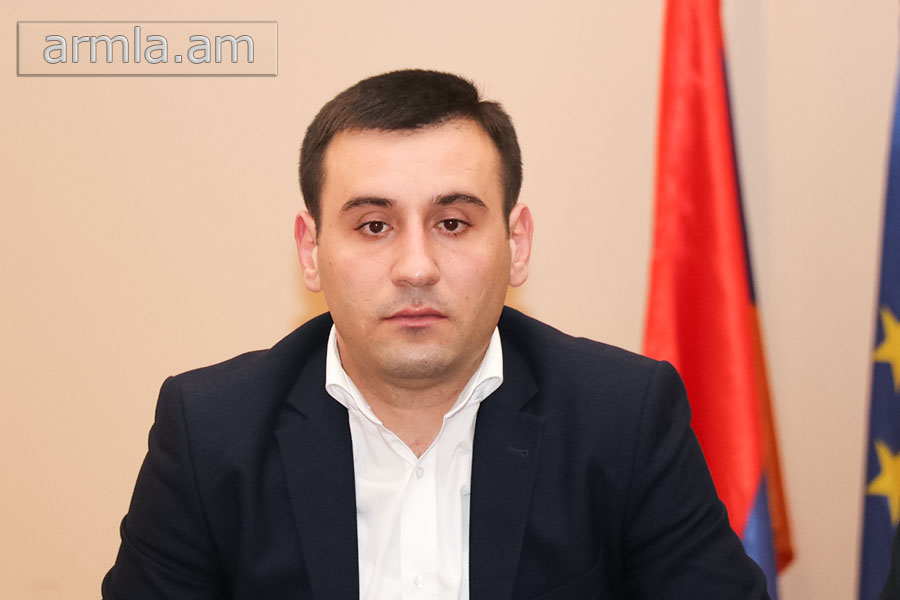
The issue of creating an independent anti-corruption body is being discussed in Armenia for months. Iravaban.net talked with Artyom Mesropian, expert-lawyer of the he CSO Anti-Corruption Coalition of Armenia.
-What were the main obstacles that the former authorities did not manage to implement in the anti-corruption struggle?
– The main obstacle to effective anti-corruption fight in Armenia for many years was the lack of sufficient political will by the authorities, as well as the fact that the country did not have an anti-corruption institutional system. The anti-corruption struggle has always been accompanied by situational and cosmetic solutions, implemented through a decentralized system, where a number of state bodies have been empowered to fight corruption, but we did not even have one body responsible for the results it has had.
– What has changed today and what solutions do the current authorities offer?
-Today the reality is different. The authorities of the post-revolution Armenian government have stated that they have enough political will to fight against corruption and have undertaken commitments before the people to undertake practical steps aimed at bringing the anti-corruption struggle in the country to the institutional basis. Active cooperation of the government and the civil society structures, the expert community and formation of the necessary consensus is expected to achieve this..
The government program proposes to establish an anti-corruption body with independence guarantees that will carry out researches and will have the tools required for the identification of corruption offenses.
– How will the independence of this body be guaranteed and what position will it have among the state administration bodies?
It should be noted that irrespective of the authority and functions of the newly created anti-corruption institutional body, the independence of the anti-corruption body should be guaranteed from its inception. And a number of requirements have been set out both the international instruments and the internal legal regulations.
According to Jakarta Principles, anti-corruption agencies should be established in accordance with the fundamental legal principles of the countries in the proper and sustainable legal framework, such as the Constitution or specific laws.
As regards the fundamental domestic legal principles, by analyzing the constitutional provisions, we come to the conclusion that in order to create an independent anti-corruption body there is a need to make amendments to the Constitution so that the body will be included in the rank of independent constitutional bodies.
By giving a constitutional legal status to an anti-corruption body, the potential political influence of any branch of state power on that body will be neutralized, and its sustainability and continuity will be ensured. In this case, it is advisable to switch from a decentralized system to a centralized system and to envisage in the Constitution an independent anti-corruption institutional body. Another possible option to form an independent anti-corruption body is the creation of autonomous body by law, but in this case, immunities derived from the constitutional legal status of an independent body do not work and the risks of possible political influence by other branches of state power are high.
– Are we dealing with transition from the decentralized system to a centralized system with the creation of this body?
Regarding the question of having a decentralized or centralized anti-corruption institutional system, I must point out that at present the Government has not made a final political decision on this issue. However, if it comes to creating a truly independent anti-corruption body, it will be necessary to do so by making changes in the Constitution, since having one independent anti-corruption constitutional body is today’s imperative.
